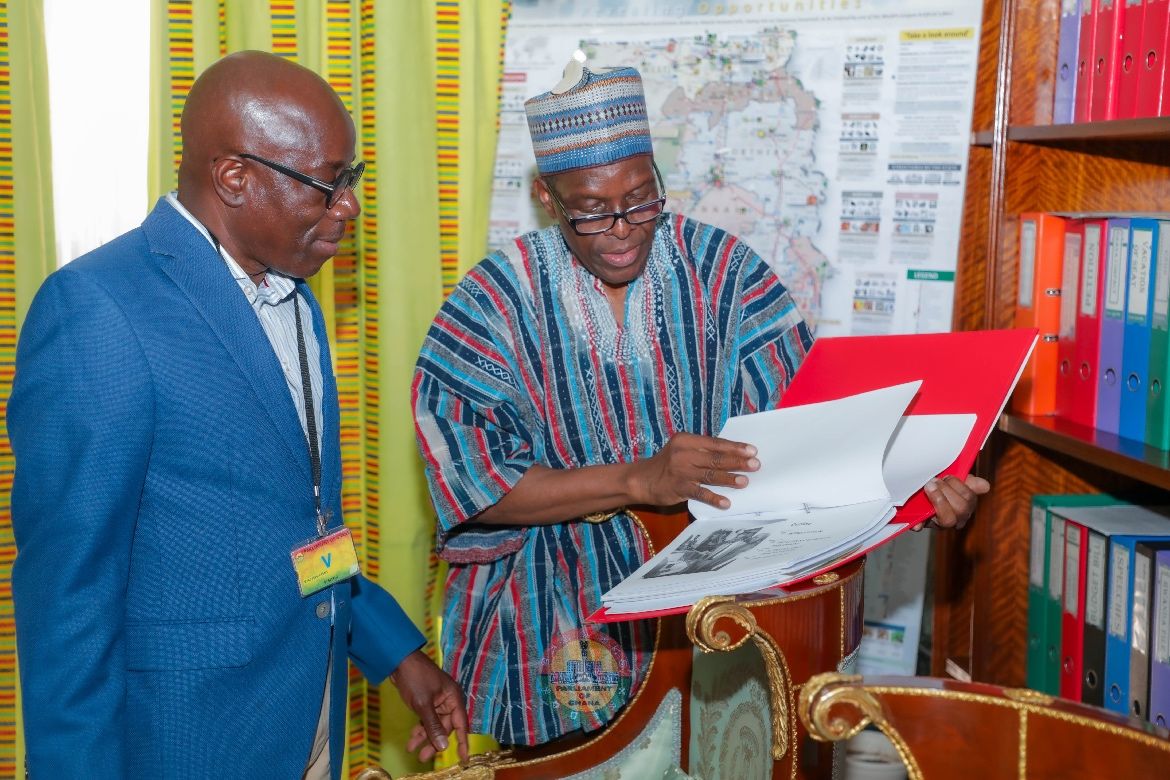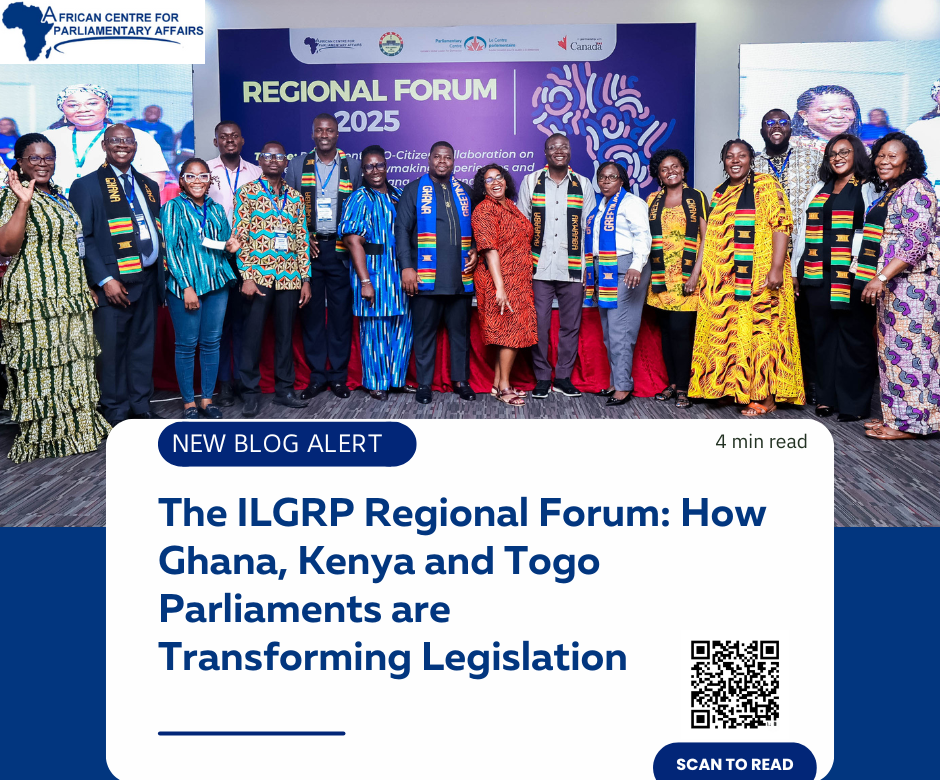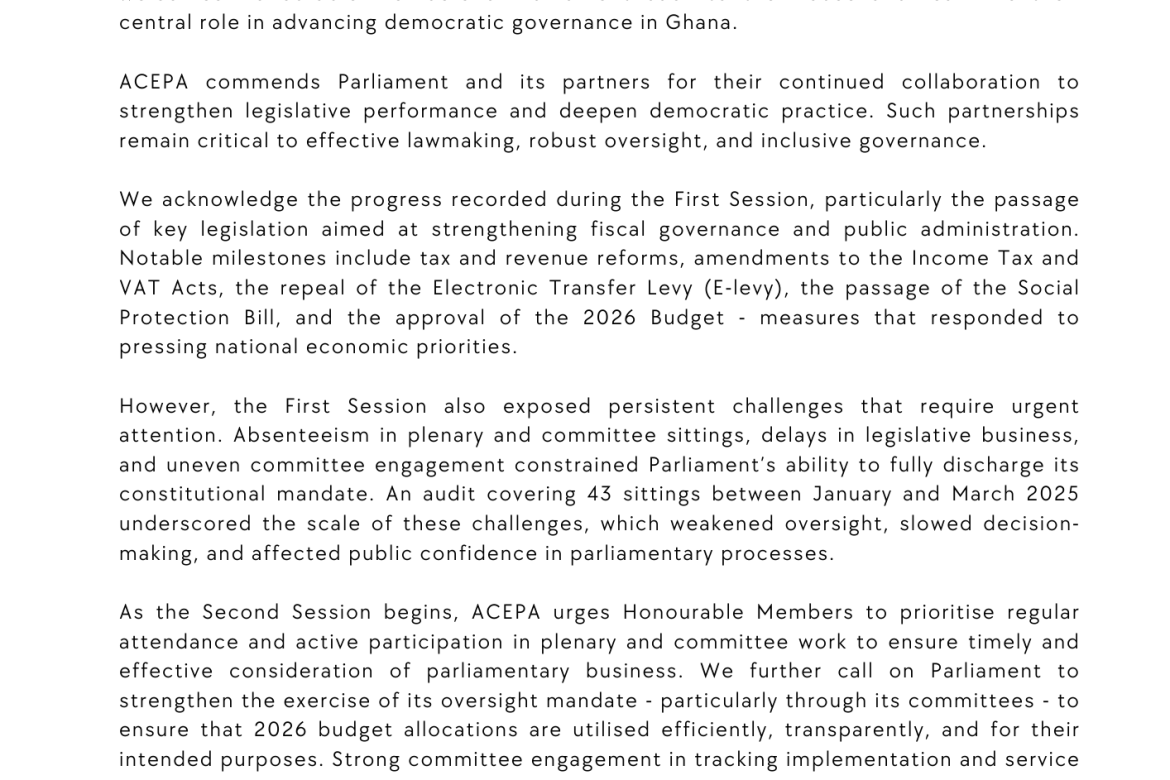Overview
The Project sought to use an innovative approach to monitoring the effectiveness of the Parliament of Ghana’s lawmaking functions by stimulating debate on existing pieces of legislation with a view to filling the gaps and/or influencing their amendments. The project focused on tracking and monitoring legislation to determine the extent to which laws have been successfully implemented; the extent to which necessary resources have been made available for their implementation; the extent to which they are consistent with other laws; the extent to which they have met the needs and aspirations of the citizenry; and the extent to which they contribute to the nation’s development trajectory. The project was implemented in 2014.
Interventions
As part of the project, three laws were examined. They include the Public procurement Act, 2003 (Act 663), Petroleum Revenue Management Act 2011 (Act 815) and the Intestate Succession Law (PNDCL 111), 1985. A roundtable was held with key stakeholders including government officials, Members of Parliament, Civil Society and Media, to discuss the findings of the study and come up with recommendations that could be fed into policy/law-making.
Outcomes
Key recommendations on the three laws to improve upon the implementation of those laws as well as future amendment processes.
Partners
- Parliament of Ghana
- STAR-Ghana



